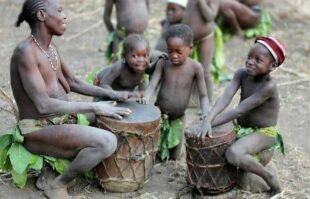There are some ethnic groups or settlements that are as old as Nigeria or older than the country and have become relevant to date. These ethnic groups are known to be ancient, providing their people with basic resources that have sustained them till the present. Their cultural heritage is their priority, and they are seen across different countries in the world.
One such ethnic settlement is the Ijaw people, otherwise known as the “Izon or Ijo.” History has it that they are the oldest and are often referred to as the ancient people in Africa, who are said to have lived about 5000 years before the existence of other groups.
The Niger Delta in Nigeria is home to the Ijaws. Due to their affection for the water, many of them work as migrant fishermen in camps as far east as Gabon and as far west as Sierra Leone. The Ijaws are unquestionably the most populous tribe in the Niger Delta region and perhaps the fourth largest ethnic group in Nigeria, with a population of over fourteen million.
The Ijaw population is estimated to be about 10 million, or 5% of the total population of Nigeria. They have traditionally resided in areas close to several sea trade routes, and as early as the 15th century, commercial links between them and other regions were strong. They can also be found in states like Ondo, Edo, and Akwa Ibom.
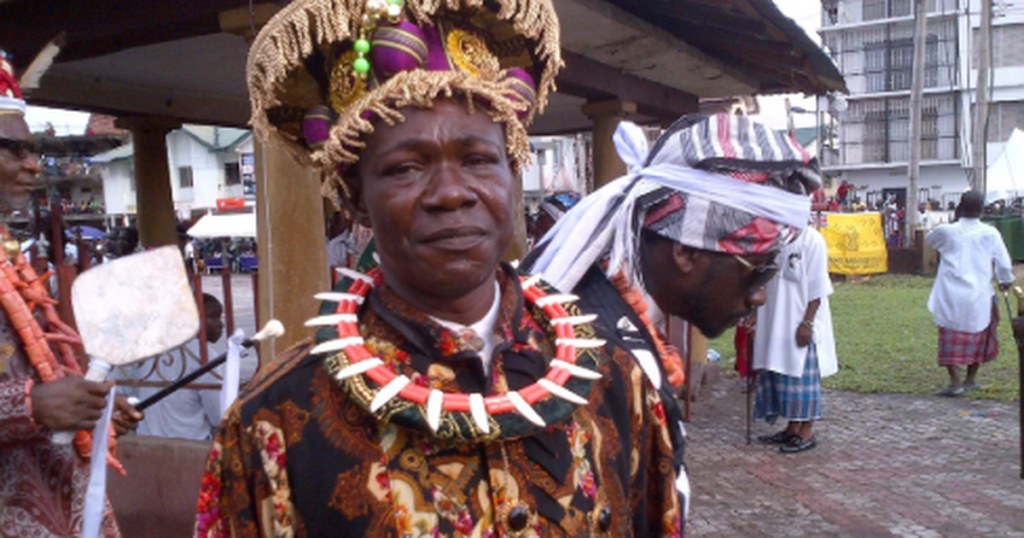
History
According to history, the ancestors of the Ijaw people originated in the north-eastern region, near Lake Chad, and afterwards moved on to the Sudanic Nile Valley. The ancient aquatic civilisation that spanned middle Africa and connected the rivers Niger and Benue in West Africa with the Lake Chad Mega Sea and the Nile Valley can also be linked to this genesis in the northeast and Sudan.
History has it that the ancient Oru people, which were the ancestors of the Ijaw people, moved via the rivers and waterways that linked the Nile valley to the Lake Chad inland sea and the Niger/Benue river systems. Subsequently, they became one of the first and original inhabitants of the Niger/Benue region of West Africa.
According to ancestor tradition of the Ijaw people, the ancient autochthones or aborigines who later came to be known as the Orus mythologically fell from the sky or emerged from the sacred waters and established the Nupe, Ife, and Benin Regions, as well as the Lower River Niger, and Niger Delta.
Also, history has it that the Ijaw people are named after the Father Ijo ancestor, an Oru ancestor and the son of the Great and Mysterious King Adumu, also known as Odudu, who established his Theocratic City State confederacy in Ife in antiquity.
According to research, the Ijaw, Niger Delta was populated at least by 800 BC (BCE), and documents from certain old communities date back to 700 AD. However, the indirect proof of human existence in the central Niger Delta dates to around 800 BC, while more direct evidence from Niger Delta history dates back to roughly 700 AD. The ancestors’ oral traditions are not in conflict with this. This provides us with an estimate of the Niger Delta’s human settlement history of about 3000 years.
Cultural research reveals that Ijaws are related to the people who established the Great Nile Valley civilisation complex and possibly the lake Chad complex. In ancient times, they moved from the Nile Valley to West Africa. However, the Ijaws are beginning to see themselves as one cohesive people, linked to language and culture.
Therefore, the trend has been greatly aided by what the Ijaws see as the environmental damage that has come along with oil development in the territory they call home in the Niger Delta, as well as by a revenue-sharing arrangement with the Nigerian Federal Government that they see to be blatantly unfair. Thus, the ensuing sense of resentment has caused a number of high-profile conflicts with the Nigerian Federal authorities, including kidnappings and other violent incidents that claimed many lives.
Also, the Ijaw people journeyed to Ghana, Cameroon, and other West African nations on wooden boats and canoes long before the colonial era. They moved from River Nun up the River Niger.
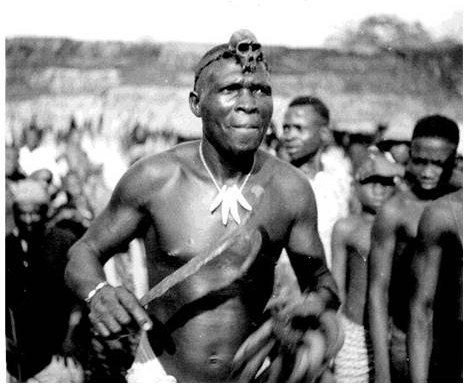
Language and Lifestyle of the Ijaw People
Nine closely related Niger-Congo languages, all of which are members of the Ijoid branch of the Niger-Congo family, are spoken by the Izon people. The main difference between the Ijaw languages is that between Eastern Ijo and Western Ijo, with Izon, which is spoken by around five million people, being the most significant of the former group of languages.
The Izon language can be divided into two major categories. The Tuomo Clan, Egbema, Ekeremor, Sagbama (Mein), Bassan, Apoi, Arogbo, Boma (Bumo), Kabo (Kabuowei), Ogboin, Tarakiri, and Kolokuma-Opokuma make up the first group, which is referred to as Western or Central Izon (Ijaw). Southeast Ijo is represented by the dialects Nembe, Brass, and Akassa (Akaha) (Izon). Inland Ijo dialects include Buseni and Okordia.
Also, in Guyana, a now-extinct Berbice Creole Dutch dialect that was once widely spoken was found to have some Ijo lexicon and grammar. It appears that Eastern Ijo, most likely Kalabari, is its closest relative.
The lifestyle of the Ijaw people ranges from their cultural activities, foods, trades and their marriage setting. They produce some farm products such as plantain, cassava, yam, cocoyams, banana, vegetables and paddy rice. The Ijaw people also rely on trading and the production of tropical fruits including guava, mangoes, and pineapples.
They are known for producing smoked and dried fish, wood, palm oil, and palm kernels, which are usually prepared for export. While some clans, particularly in the east, including the Akassa, Bille, Kalabari, Okrika, Andoni, and Bonny, had strong kings and tiered societies. This is because other clans did not have any centralized confederacies prior to the British invasion. However, due to the neighbouring Kingdom of Benin’s influence, there were chiefs and village governments in some settlements, even in the western Niger Delta.
In the same vein, the payment of a bridal dowry of the Ijaw people, which grows in size if the bride is from another village (to make up for the village’s loss of her offspring), is required to consummate marriages. Also, funeral services are frequently quite theatrical, especially for individuals who have amassed riches and prestige. History also has it that the traditional religious rituals revolve around paying respect to ancestors and the “Water spirits” of the Niger River.
The Ijaw people’s foods range from Polofiyai, Kekefiyai, Fried or roasted fish and plantain, Gbe, Kalabari “sea-harvest” fulo, Owafiya (Beans Pottage), to Geisha Soup, Onunu, and Ignabeni, among others.
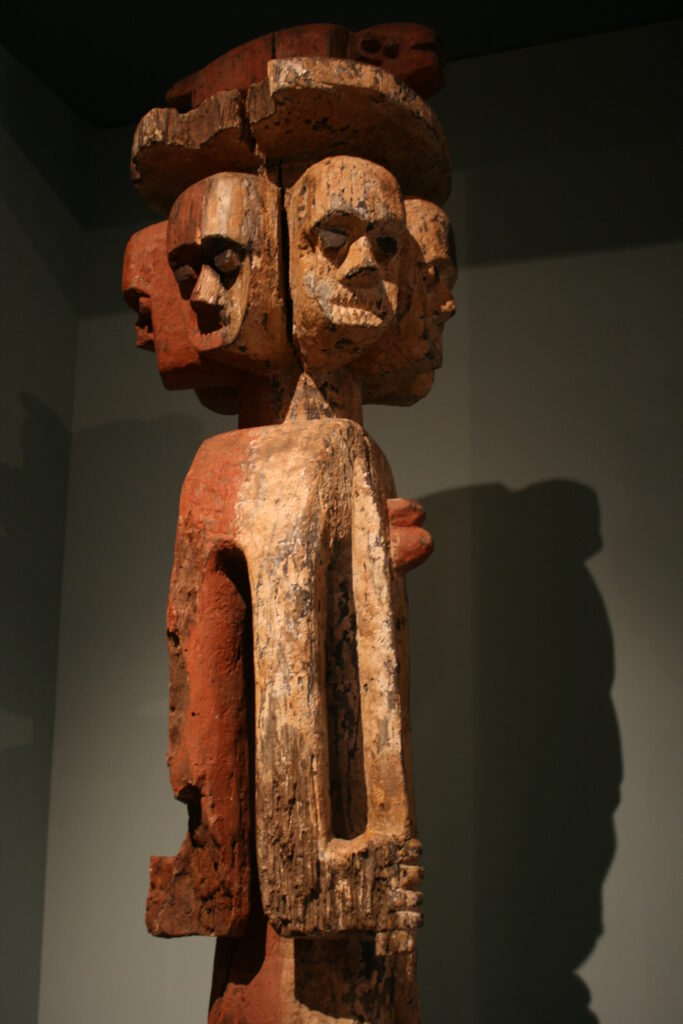
The religion of the Ijaw People
The Roman Catholic, Zion Church, Anglicanism, and Pentecostal forms of Christianity are the ones that are most common among Ijaw people, of which 65 per cent of them profess to be. However, they also have extensive traditional religious rituals of their own.
The Ijaw traditional religion places a strong emphasis on reverencing ancestors, and the water spirits are known as “Owuamapu” play a significant role in the Ijaw pantheon. Igbadai, a type of divination used by the Ijaw people, involves questioning recently deceased people about their causes of death.
Furthermore, prayer in the traditional Ijaw belief system is to keep people in the good graces of the water spirits with whom they previously lived before coming into this world. Every year, the Ijaw celebrate multi-day celebrations in their honour.
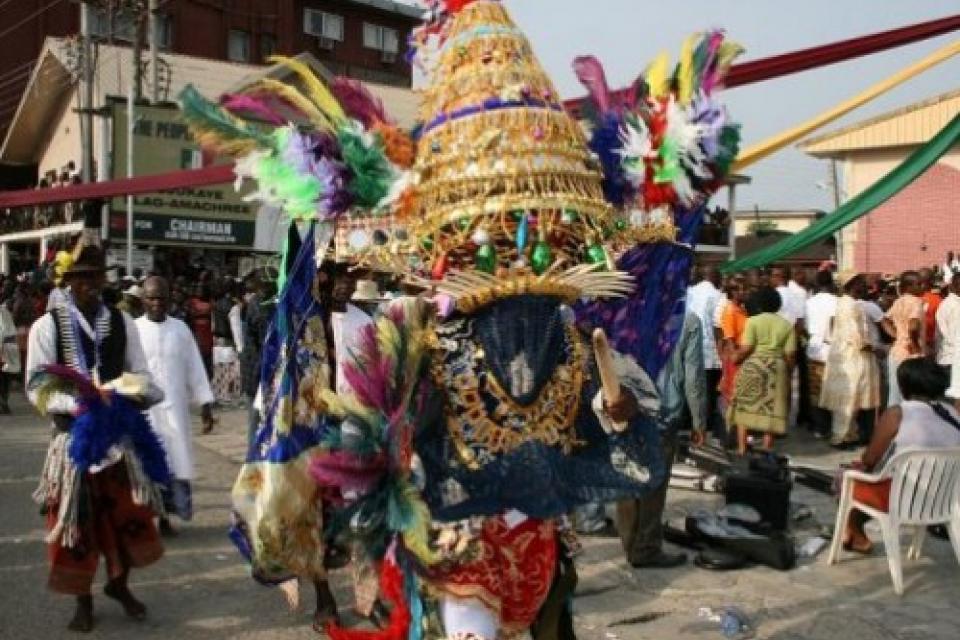
Modern Ijaw
King Jaja of Opobo, an Igbo slave who in the 19th century progressed to become a significant Ibani known as chief, became relevant during the advent of civilisation. Jaja of Opono became an Ijaw after undergoing some cultural rites or ritual acculturation.
Also, it is imperative to note that it was during the advent of colonization that the term “Ijaw” became an anglicized version of the Ijo or Ejo, a variant of Ujo or Ojo, who was the progenitor who gave the Ijo people their name.



